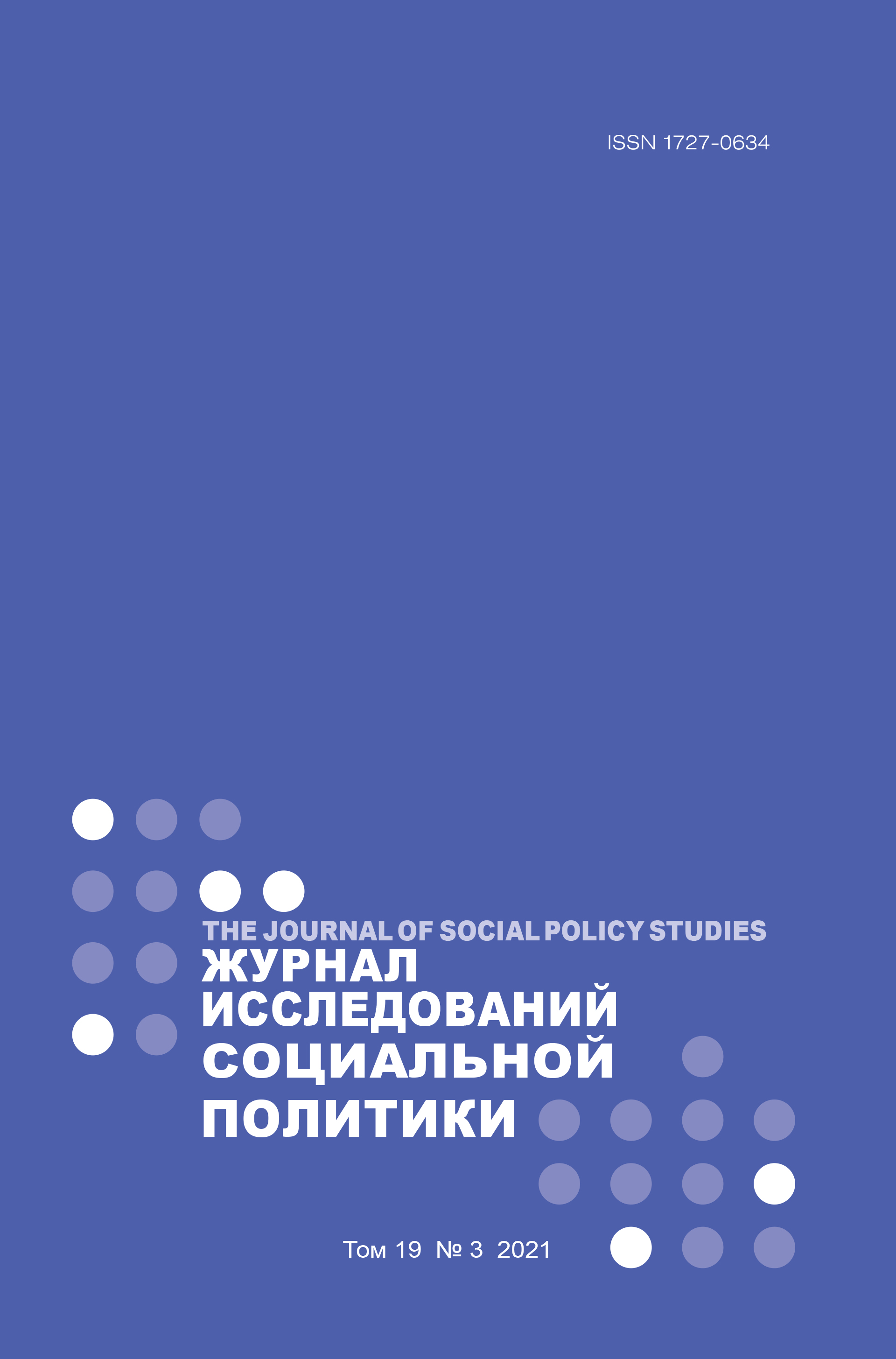The Origin of the Biopolitical Model of Birth Control in the 19th – Beginning of 20th Centuries Russia
Abstract
This article aims to explore the process of the transition from a religious and legal model of birth control to a biopolitical one in the late 19th and early 20th centuries. An important task of the article is to establish how the medicalization of reproductive behaviour affected the social policy of the state and the forms of birth control. We used historical sources from the 19th and early 20th century: legislation, court statistics, medical discourse, reports of maternity clinics and women’s ego-documents. The history of birth control has shown the low effectiveness of religious, moral and legislative regulation in the context of bourgeois development, urbanization and the secularization of consciousness. The dramatic increase in the number of miscarriages recorded in maternity clinics indicated an increased desire by women to limit the process of childbirth. The state could not control female reproductive behaviour, due to the ineffectiveness of criminal prosecution. Biopolitical control of the problem proved to be the most effective means. The ‘policy of abortion’ began to acquire medical and social status from the late 19th century and was related to the emergence of abortions for medical reasons. Abortion acquired legitimacy in the conditions of an obstetric clinic, carried out under the control of professionals. In the early 20th century, doctors proposed to introduce social indications for abortion. Decriminalization of abortion reflected the interests of the State (in terms of control over reproductive behaviour) and doctors (increasing their authority). The Act of 1920 on the Legalization of Abortion was the logical conclusion of the late nineteenth-century birth control debate. In birth control, the Soviet government relied on abortion policy rather than rationalizing sexuality through the spread of contraception and new family planning principles.















